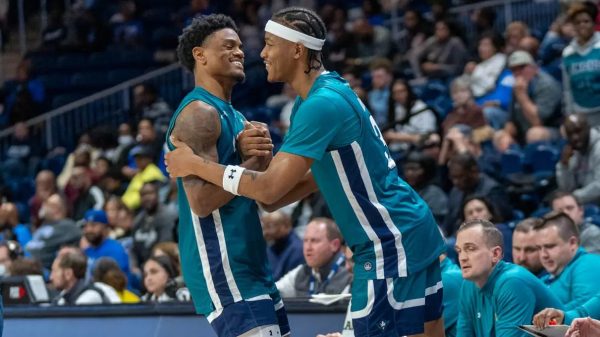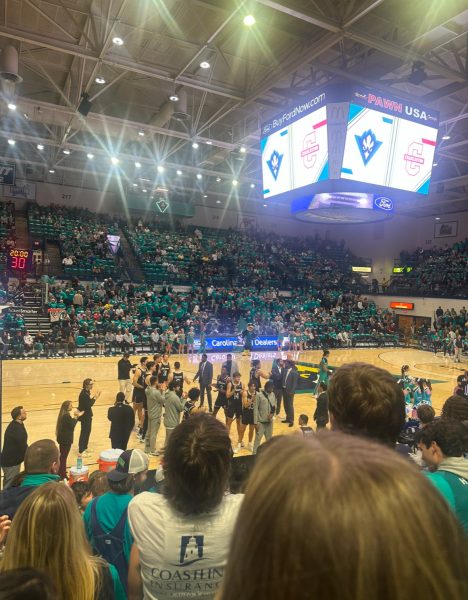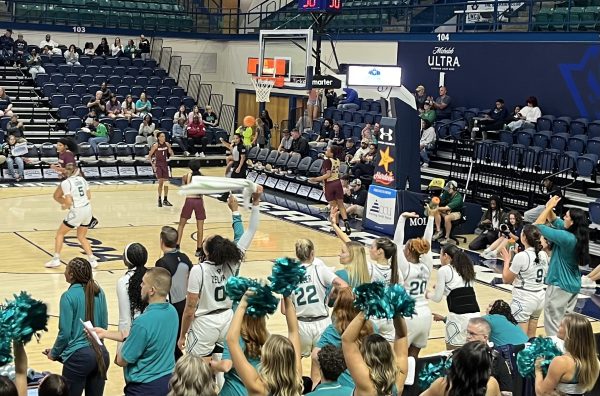An Athlete’s Perspective: Athletic Compensation
When a high school athlete signs a National Letter of Intent, he or she agrees to a deal that allows the player financial aid in exchange for his or her athletic services to that university.
This agreement, however, is in no way clear-cut and can in many ways allow a student-athlete benefits that are not offered to another college student. The “shady” nature in which athletic scholarships and incentives are handled has been well documented over the past few years with athletes receiving more than their fair share of financial aid on multiple occasions. This has recently added fuel to the fire in terms of the controversial notion that collegiate athletes should be paid for their services in order to legally reward athletes for their success.
The idea that athletes may be deserving of cash compensation for their performance on the field has stemmed from the ever-increasing amount of money that universities receive for successful athletic teams.
In 2010, the BCS bowls paid approximately $17 million to participating schools. These astronomical numbers have some fans saying that if an athlete generates that much revenue for their school, he or she should be entitled to a portion of the profits. The term “exploited” has even been thrown around in regards to athletes and their athletic services.
I can assure you that none of these athletes have been exploited in any way and are benefiting from their success in more ways than the average fan knows.
The first benefit comes in the form of financial aid. The scholarships that sometimes pay for portions of tuition and in most cases pay for it all are life-changing. The burden that is lifted off of an athlete’s family when college tuition becomes an issue of the past is something that most people can only dream of. Tuition alone ought to be enough to put an end to speculation of athletic compensation but in case it doesn’t, there is more.
The minute an athlete steps foot on campus, he or she is entitled to round-the-clock academic service, most of which can be found in one convenient location. This type of tutoring would cost any other student hundreds of dollars.
Athletes are also entitled to priority registration in order to avoid scheduling conflicts. Universities present athletes with every opportunity to be successful in the classroom and rightfully do so because of the strain that juggling a collegiate sport creates.
Along with the academic support that is offered, athletes are also allowed access to the best athletic apparel in order to perform well on the field. In some cases at major athletic powerhouses, athletes are so well taken care of that at the snap of a finger, the school’s athletic sponsor will have a new pair of shoes or other equipment waiting in their locker.
It is clear that athletes, especially those at schools who generate millions of dollars in revenue, are never hurting for perks or compensation. It would be ridiculous to tarnish an athlete’s amateur status by paying them a portion of the university’s revenue.
If the money must be taken out of the hands of the university and the athletic department, then it should be put towards the future academic plans of the athlete and not straight into their pocket. The money that is generated by major games and championships is better spent on the future success of the university or the future academic endeavors of the athlete and not on a new car for the athlete who threw the winning touchdown.






